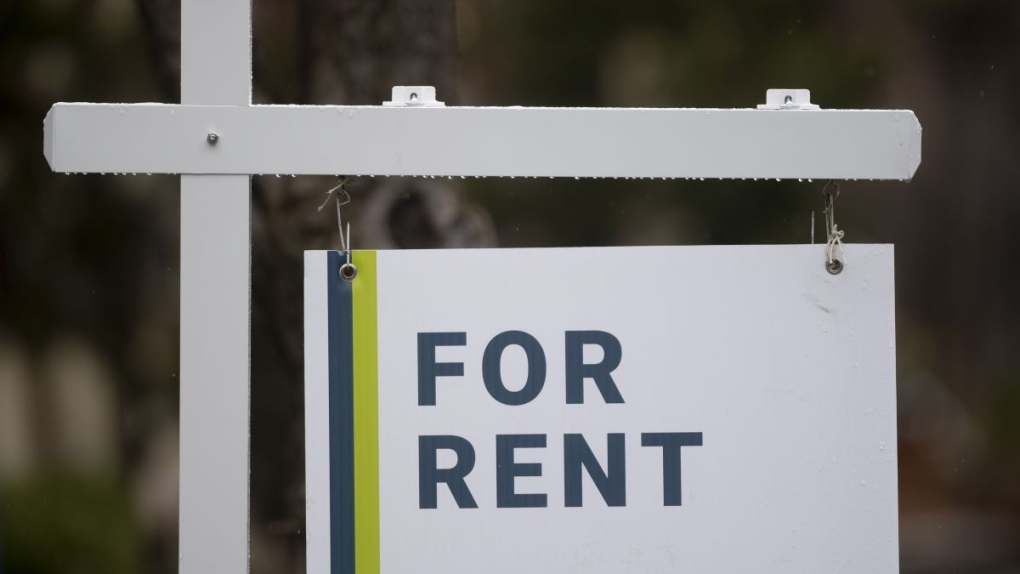According to Rentals.ca and real estate research firm Urbanation, the Canadian market continued its upward trajectory with data suggesting a monthly increase of 1.5 per cent from August, and an annual surge of 11.1 per cent.
Experiencing double-digit year-over-year growth, the annual rate of rent inflation surged to its highest point in nine months, stated the report.
The report’s metrics are based on new listings, not what existing tenants are paying per month.
In terms of rental types, one-bedroom units recorded the fastest annual growth in asking rents, soaring by 15.5 per cent, reaching an average of $1,905.



I think that the government isn’t moving aggressively on this file because if they did, there would be a massive correction and many landlords would go bankrupt. It would be political suicide.
I think what they are hoping for is that the correction will happen organically and gradually so that they are not blamed for the fallout and so that the impact is diminished. The problem is, I don’t think that people can hold out and regardless, there will be some pain for all groups. The damage is already done, and fixing this will be painful.
Millenials’ prospects are shattered and social development has been stunted because these milestones are unattainable. Even current homeowners who are seeing real estate as an investment vehicle are supporting an alarming trend where right to own is becoming a thing of the past. They will pass on their assets to their kids or sell them off, which are increasingly going to investors using them as short-term rentals. Everything is just going to be perpetual payments.
And on the other end of things, where labour is becoming increasingly devalued either due to unsustainable immigration (see disconnect between federal and provincial policies) or because of automation (the gain in new careers << loss of old careers), future generations are worse off (so why would you have kids?).
And this situation is not going to be fixed until, like you alluded, there is a demographic shift. But that’s like 10-20 years, when there’s going to be a derth of immigrants (they are leaving in record numbers because the illusion of opportunity is increasingly shattered, there was an article posted on here a while back iirc) and boomers are retiring with little-no savings so they sell to increase supply. Actually I’m not even sure that will fix it, because then the investors just swoop in and buy it for pennies on the dollar like in '08, unless we have legislation to prevent it by then.